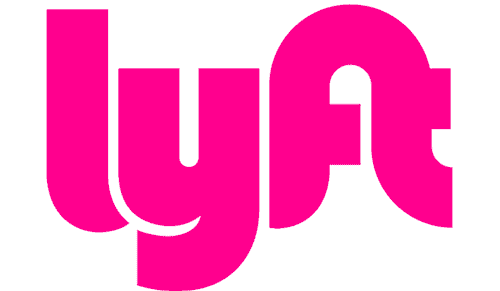Chapter 8
Frequently Asked Questions

You’ve learned a lot about ridesharing and the various companies that provide the service. Still, you might have a few additional questions.
These are the most common questions that come up with rideshare users.
1. Are rideshare drivers covered by insurance?
Most of the world’s largest rideshare apps provide ample liability insurance coverage when riders are in the vehicle.
All drivers are required to have personal car insurance policies, and many even purchase separate rideshare insurance policies to ensure they have full coverage whenever they’re on the road.
Riders never have to worry about their drivers being uninsured in the event of an accident you’re involved in.
2. How do I know my rideshare driver can be trusted?
Though not as heavily regulated as the taxi industry, ridesharing is far more regulated now than when the modern industry first blew up.
In New York, all rideshare drivers actually have to pass the same licensing requirements as a taxi driver.
In other cities, even if you’re not riding with brands like Uber or Lyft with specific driver requirements, odds are, your state still probably requires your driver to pass a background check and have at least a year of driving experience.
Most major apps also allow for driver ratings, so you’ll see if your driver is consistently getting low ratings.
Your rideshare driver is also required to submit documents like their driver’s license, personal auto insurance policy, a passing vehicle inspection form, and more to verify their identity and confirm their vehicle is safe to drive.
3. Do I need to tip my rideshare driver?
Yes, much like you would tip your taxi driver and other service workers, you should tip your rideshare driver.
A tip of 15% or more is custom.
4. Are Rideshare Drivers Independent Contractors?
Yes, all rideshare drivers are independent contractors.
This status means that the respective rideshare companies have to approve each driver before they can start driving.
However, they do not receive a paycheck like regular employees.
Independent contractors don’t get an hourly rate; their income is entirely dependent on how many rides they give.
Independent contractors also don’t have taxes taken out of their payments from rideshare companies.
They have to file self-employment taxes.
If they don’t have health insurance through another job, they’ll have to find it through the marketplace.
The rideshare companies don’t offer health insurance.
While the ridesharing companies do offer car insurance, it’s limited.
The driver is only covered when picking up a passenger or taking them to their destination.
This coverage leaves a lot of gaps, so drivers are better protected if they provide their own rideshare insurance.
Independent contractors use their personal vehicles for work.
Using their own cars means they’ll also pay for gas and car maintenance.
These costs can add up, so it’s worth estimating expenses before taking on this side hustle.
5. Can Rideshare Drivers Carry Guns?
Uber and Lyft have banned both drivers and passengers from carrying firearms.
This rule is hard to enforce because the companies don’t do random checks of the vehicles.
However, either party can mention a weapon in their review and have the company look into it.


